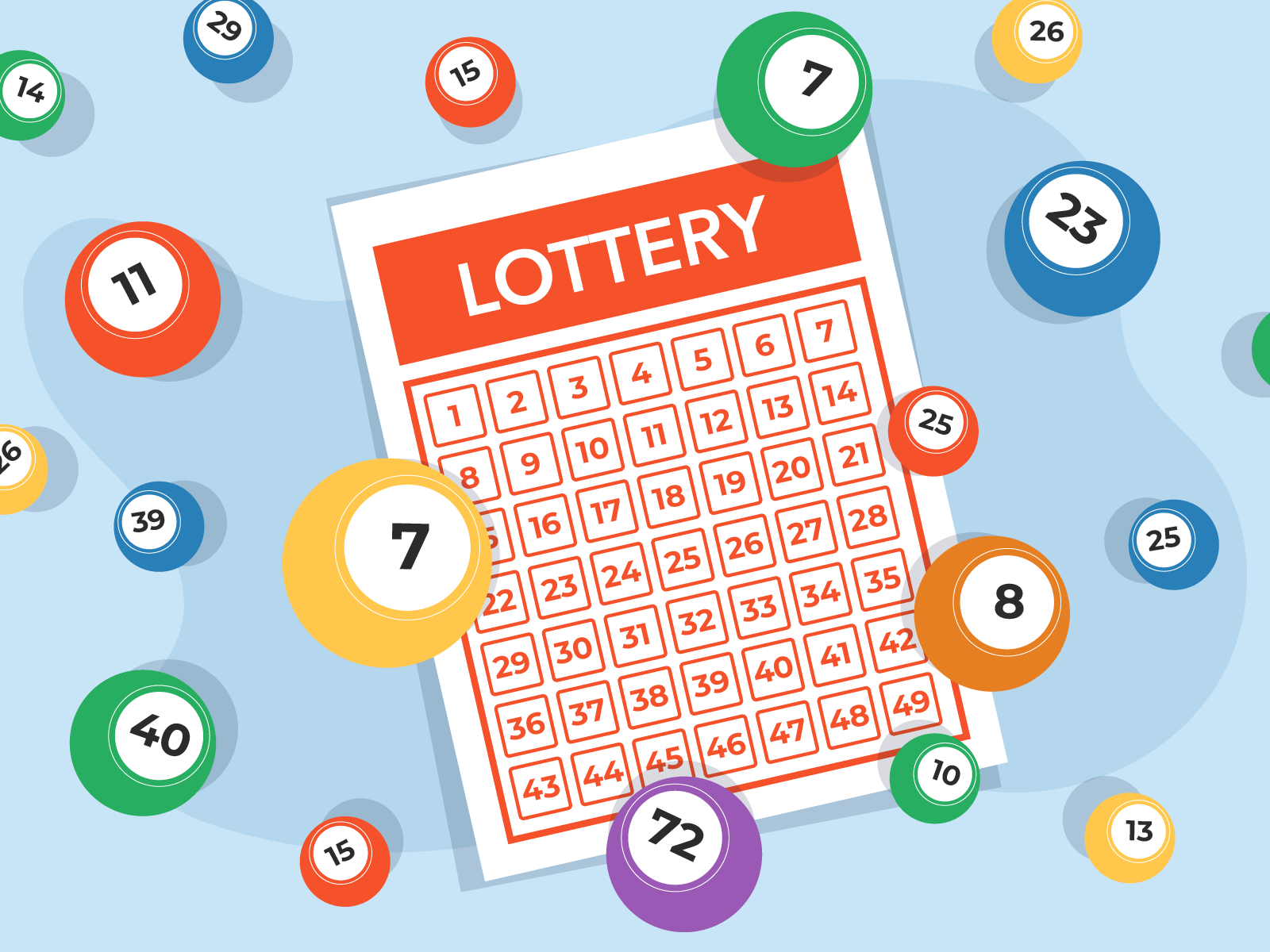
Sharia banking, also referred to as Islamic banking, refers back to the kind of banking activities which is dependant on the concepts of Islamic law (Sharia of Shariah in Arabic). Additionally, it involves the use of the Sharia concepts through the introduction of Islamic financial aspects. How’s it not the same as conventional banking? Essentially, the Sharia forbids the imposition of loan rates of interest (usury or Riba in Arabic). Additionally to that particular, purchasing companies that don’t operate based on the concepts of Islamic law is recognized as Haraam (Arabic for ‘forbidden’). The Sharia concepts of financial aspects happen to be practiced for hundreds of years, as well as their history could be tracked back so far as the eighth century AD. The idea of Sharia banking itself was introduced only close to the finish from the twentieth century.
Sharia banking is principally practiced in countries by which Islam may be the majority religion, for example Indonesia, Bangladesh, Malaysia, Iran, Saudi Arabia, along with other countries in the centre East. Nowadays, the idea of Islamic banking can also be gaining more recognition in Western nations. The United kingdom, for example, is the leader of Islamic banking within the Western hemisphere. However, Holland is available in a detailed second and is able to move forward in the near future. In The United States, New You are able to City’s Wall Street has additionally opened up its doorways to Sharia banking.
The main reason for Sharia banking is comparable to conventional banking, which would be to make gain lending out money. However, since theSharia prohibits the charging interest on loans, Islamic banking uses the Fiqh al-Muamalat (or Islamic transactions rules) to beat this setback. The Fiqh al-Muamalat includes techniques like the discussing of profit and loss through banking pursuits like Mudharabah (profitsharing), Musharakah (partnership), Murabahah (cost plus), Wadiah (safekeeping), and Ijar (leasing).
Besides staying away from riba with Islamic transaction rules, the Sharia also forbids investments in companies which are considered haraam or forbidden based on Islamic teachings for example lottery or gambling companies and stores or restaurants that sell alcohol and pork. Furthermore, money lent from your Islamic bank can’t be employed to purchase corporations that leave media for example pornographic magazines or gossip tabloids. Hence, it may be figured that Islamic banks only take part in moral purchasing and ethical investment.
Despite the fact that Sharia banking doesn’t allow usury, products provided by Islamic banks incorporate a profit (mark-up). Because the Sharia doesn’t allow buying and selling with financial obligations, it’s no question that Islamic banks don’t issue conventional bonds such as the ones from conventional banks. Actually, Islamic bonds or Sukuk aren’t according to rates of interest. The earnings derive from a mathematical formula that correlates the money flow to the price of the asset.
